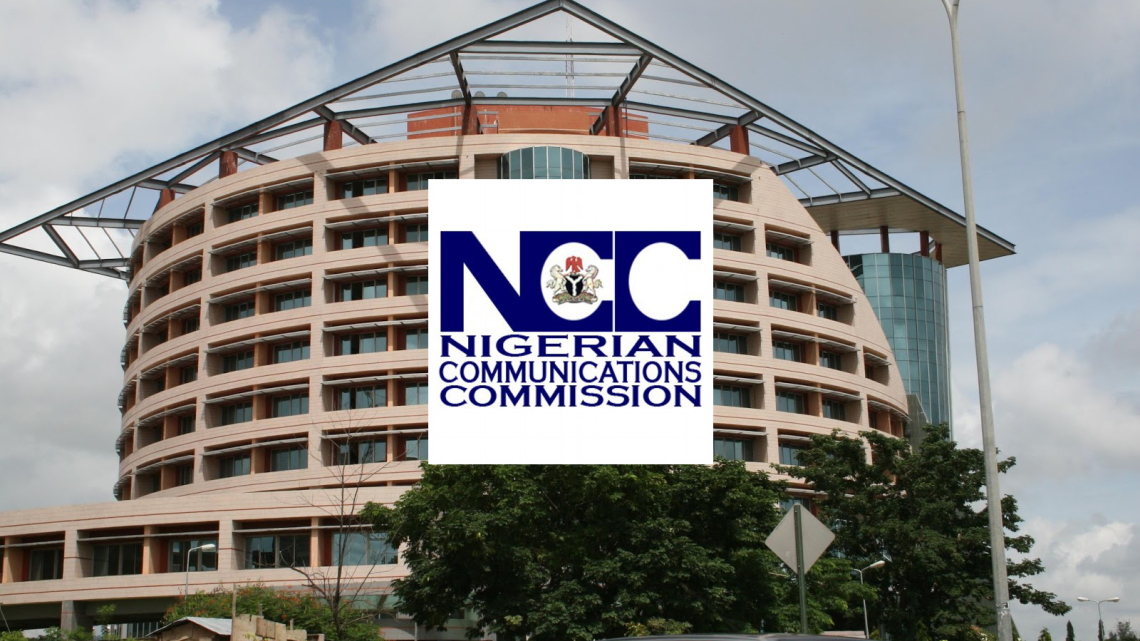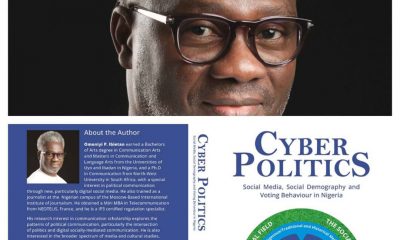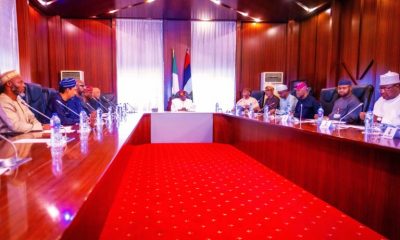The Nigerian Communications Commission (NCC) is yet to take any action, one week after it gave telecoms operators order to deactivate any subscriber identity module (SIM) card that was registered but unused after 48 hours.
Analysts say the need for the regulator to give update on the response of the telecoms to the order has become expedient considering the security implications of illicit acts usually carried out by the users.
The ultimatum was handed down in Lagos by the Director, Public Affairs, Tony Ojobo, while speaking on: Trackable Identity and Ease of Doing Business in Nigeria at a function organised by public relations practitioners.
He noted that the ongoing SIM card registration by the telecoms has reduced criminal activities perpetrated via the use of mobile phones, arguing that trackable identity has become a sine qua non to ease of doing business.
Continuing, Ojobo averred that “In spite of whatever challenges, the global trend is for all citizens to be registered, and for each citizen to be covered with a legal identity including birth registrations.
ALSO SEE: World Bank differs with fimace minister, hints at danger as Nigeria goes deeper into debt
“Citizen registration is now an item in post-2015 Sustainable Development Agenda with 2.4 billion people identified as having no official identity and these people reside in Africa and Asia.
“While traditional identification rely on passwords, PINs, smart cards, and the likes, biometric identification, using finger prints and iris scans are generally more reliable and secure. They are adopted more universally like in driving licences and international passports.
“Biometrics identity is also more reliable in linking individuals to event and actions. It is therefore preferred by security institutions in fighting crimes.”
According to him, the existence of a central data base for the citizens which potential investors can depend on would engender trust and reliability.
Ojobo therefore advised the federal government to speed up identity harmonization and management in Nigeria to drive ease of doing business and security.

 Football6 days ago
Football6 days ago
 Entertainment4 days ago
Entertainment4 days ago
 Football7 days ago
Football7 days ago
 Football7 days ago
Football7 days ago
 Football5 days ago
Football5 days ago
 Business4 days ago
Business4 days ago
 Crime6 days ago
Crime6 days ago
 Football6 days ago
Football6 days ago








